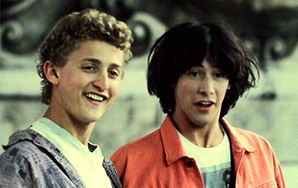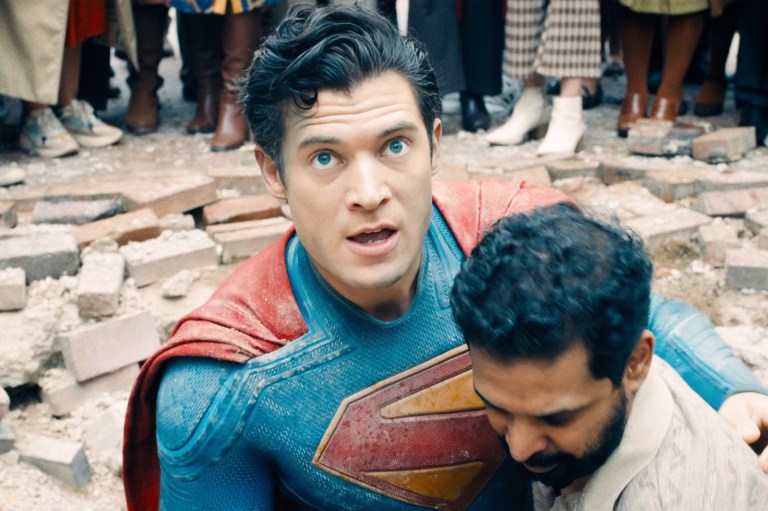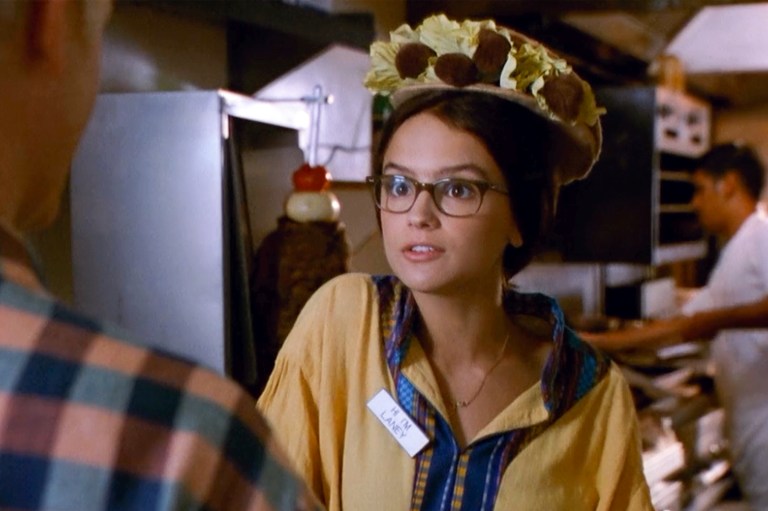
What It Means To Be A Best Friend
You were there through different relationships the way a people weathers different administrations, learning intimately what it is they are looking for and the mistakes they are making -- mistakes you know you have to let them make for themselves, just as they allow you yours.
We often take for granted how precious a thing it is to be a best friend, how many people can’t freely use that term, how many have never experienced that very particular kind of love. When you think about it, to pronounce someone in your life as being more important than all of those other friends somehow, as being on a different plane of relationship that, despite not being romantic, is still profoundly important, is incredible. So many wait for the cue from their most-beloved friend to be able to tack on the profound, terrifying modifier of “best.” Who wants to be the person who prematurely proclaims the other their one-and-only-best-friend, when they were not ready to take that leap themselves? It’s the “I love you” of platonic relationships, and to be able to securely declare that with someone is a privilege not bestowed upon everyone.
But holding that title for someone else is as much about commitment and honor and respect as a romantic relationship is — it involves compromise, trust, and a mutual growth that allows certain friends to last through decades and incredible life changes. Keeping in touch and maintaining a level of intimacy that was easy to achieve when both of you were in the same school and had no real responsibilities becomes a serious investment when life begins to insert itself between the two of you and attempt to pry you apart. Being ready to stay up late for phone calls, to truly listen to each other’s problems (and not just wait to pounce on the end of their sentence and start speaking yourself), and make the effort to visit are all part of what is expected of you if you want to be a best friend. Showing another human being that you care about them and that their happiness and presence in your life is important to you on a regular basis is, though it may sound obvious, a fairly big commitment in practice.
Because this isn’t a romantic relationship, though, the obvious expectations and requests for a certain amount of effort or deference can’t easily be vocalized. A couple would be expected to tell each other what their needs are, to request that a certain gesture be made or that more involvement is needed on one end. Often, however, friendships can go years in a state of slow withering, not feeling comfortable saying, “Hey, I need to talk to you more often,” but so profoundly needing that contact. Being a best friend means having to make that effort without being asked, or to even prompt the question yourself. To understand the role that a confidant and platonic partner plays in another’s life is to be ready to treat with care, to hold gently and speak softly. It means knowing that they may not be able to tell you as easily as they could their romantic partner, that they have been taught by society (like all of us) that friendship should go perfectly smoothly or not at all, never to be actively worked on.
And yet, working on things is such an essential part of being a best friend. You will have disagreements, you will want different things, you will fight. Having an argument or taking a few days off to think about things is no more out of place in a deep friendship than it would be in a marriage. You are two distinct people with lives that are constantly molding you into different people, and you don’t have the glue that keeps many relationships together — cohabitation, marriage, children — you are expected to navigate this changing landscape as entirely separate entities. Being a best friends means being willing to learn and adapt, to understand that you cannot control this person or make them be who you want them to be, that you love them precisely because they are their own person.
You are the keeper of their secrets, the one they cried in front of, the one they are able to be fully themselves with. You were there through different relationships the way a people weathers different administrations, learning intimately what it is they are looking for and the mistakes they are making — mistakes you know you have to let them make for themselves, just as they allow you yours. Seeing this part of another human being, watching as they turn into people they wouldn’t have recognized a few short years ago, is nothing short of a gift. Just as they keep feelings, confessions, and desires tucked away safely for you — things that would have been too heavy a load to carry on your own — you are charged with being this person for them, with talking to them about family and relationships and all of the other topics we often feel we have no one to turn to for. Being a best friend is to be a therapist when we are still so very deeply in the process of figuring things out for ourselves.
It may sound like a job, and in many ways, it is. It’s not a straight line cutting through your life that starts with “meet this perfect person” and ends with “die laughing as old people drinking tea.” It’s something that demands admitting you’re wrong, making sacrifices, and coming to understand that the decisions you wouldn’t make for yourself may be the right ones for them. To have a love like this — one that you cannot control or tie down or even really fully define — is as precious as it is rare. We have endless guidebooks on how to navigate romantic relationships, but so few that tell us what to do when our best friend moves to a new city for the first time and we have to learn how to redesign our patterns and communication to bridge the gap. There are endless questions and challenges to be faced in a best friendship, almost all of which we have to figure out entirely for ourselves. But when everything is going wrong and there is only one person you know you can call who will be there free of judgment, of imposing their worldview on you, you cannot say it isn’t worth it. ![]()











